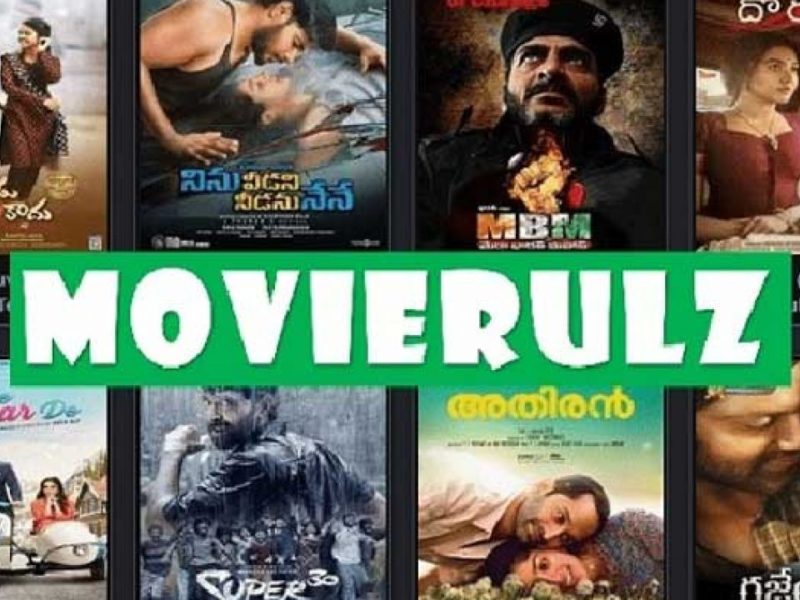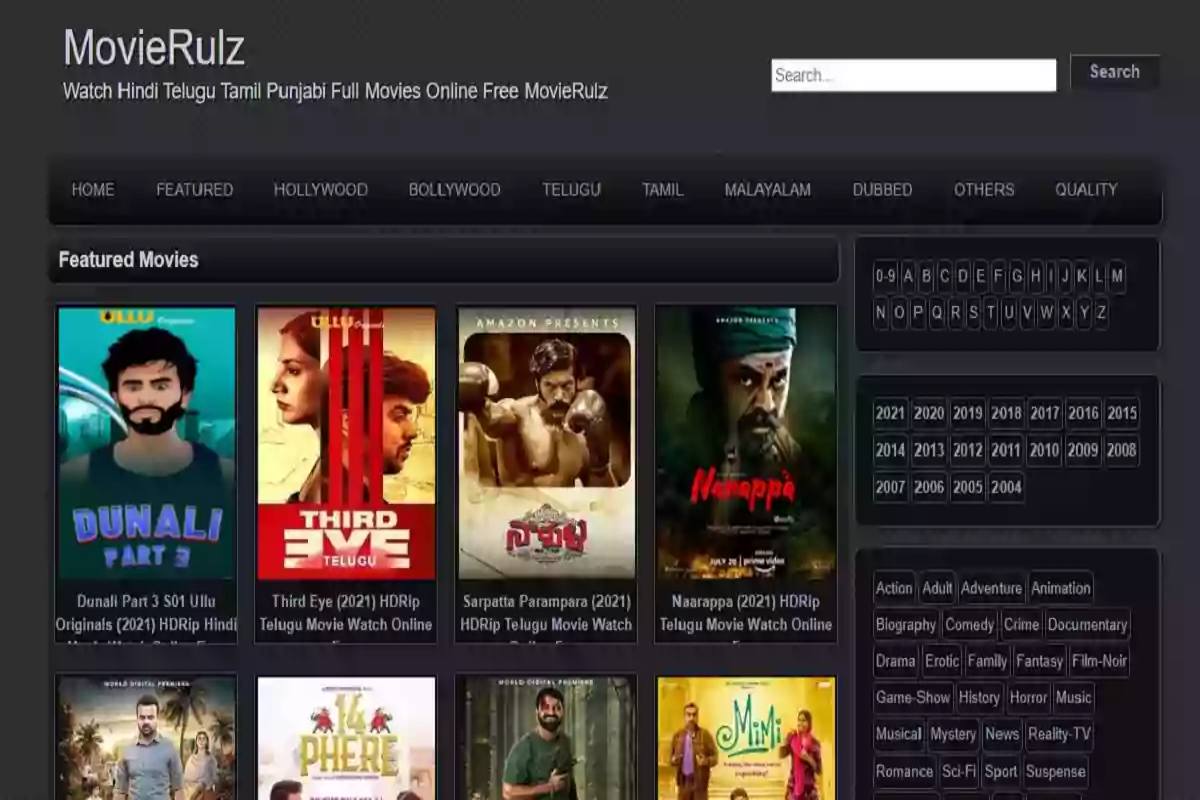Are you tired of endless searching and still coming up empty-handed? The frustration of not finding what you're looking for online is a universal experience, and understanding why it happens is crucial for navigating the digital world effectively.
We've all been there: typing in a query, hitting enter, and being met with the dreaded message, "We did not find results for: [your search term]." Or, perhaps, the helpful but equally disheartening suggestion: "Check spelling or type a new query." These digital dead ends are more common than we'd like to admit. While search engines strive for accuracy and comprehensiveness, there are several reasons why your search might come up short. It could be a simple typo on your part, or the information you're seeking might not be indexed properly, or it could simply not exist in the form you expect. This article delves into the common pitfalls of online searching and offers strategies to improve your search success rate, ensuring you find the information you need efficiently.
Beyond the initial search failures, the digital landscape presents other challenges for those seeking entertainment. The proliferation of online streaming services and movie download sites has created a complex web of options, both legitimate and illegitimate. Platforms like Zee5 offer a vast library of Telugu movies online, providing a convenient way to watch full-HD content anytime, anywhere. Users can explore a diverse collection of films and enjoy high-quality viewing experiences on various devices, including smartphones, tablets, and PCs. However, alongside these legitimate services, there exists a parallel world of unauthorized platforms that offer pirated content, often at the expense of copyright holders and users' security.
- Desi49 The Rise Of A Digital Culture Icon Exploring Now
- Erome Baby Beauty Exposed Photos Videos See It Here
The allure of free movie downloads and streaming can be strong, particularly with sites promising "excellent quality at the smallest file size." These platforms often target users looking for a quick and easy way to access the latest movies, but they come with significant risks. One of the most prevalent dangers is the existence of fake apps and websites that mimic legitimate services like iBomma. These fraudulent platforms can trick users into downloading malware, compromising their personal data and device security. It's crucial to exercise caution and verify the authenticity of any app or website before engaging with it, ensuring that you're not falling victim to a scam.
Another example of a platform operating in a grey area is Movierulz, which has been known for offering HD Telugu, Kannada, Tamil, and other South Indian movies, web series, shows, and KDramas for online viewing and download. While Movierulz might seem like a convenient source of entertainment, it's important to recognize that many of the titles available on the site are likely pirated, infringing on copyright laws. Engaging with such platforms not only supports illegal activities but also exposes users to potential legal and security risks. The quality of streams and downloads can also be unreliable, and users might encounter intrusive advertisements or malware.
Navigating the digital world requires a critical eye and a commitment to responsible online behavior. While the temptation to access free content from unauthorized sources might be strong, the potential consequences outweigh the perceived benefits. By prioritizing legitimate streaming services, verifying the authenticity of apps and websites, and staying informed about the risks of online piracy, users can protect themselves from scams, malware, and legal repercussions. The information age offers unprecedented access to entertainment and information, but it also demands vigilance and a commitment to ethical online practices.
- Vegamovies Your Ultimate Guide Features Is It Legal
- Tory Kittles Unveiling His Age Wife Net Worth Family Life
One key aspect of successful online searching is understanding the limitations of search engines. While Google and other search platforms are incredibly powerful, they don't index the entire internet. Content that is hidden behind paywalls, stored in private databases, or simply not linked to from other websites may not be easily discoverable through standard search queries. In these cases, specialized search engines, academic databases, or professional directories might be more effective. Additionally, refining your search terms and using advanced search operators can significantly improve your results. Learning to use Boolean operators like "AND," "OR," and "NOT" can help you narrow down your search and exclude irrelevant results.
The rise of social media and user-generated content has also complicated the search landscape. While platforms like YouTube and Vimeo offer a wealth of video content, the quality and accuracy of this content can vary widely. It's essential to critically evaluate the source of information and consider the potential biases or agendas of the content creator. Fact-checking and cross-referencing information from multiple sources can help you avoid misinformation and ensure that you're relying on credible sources.
Another common challenge is the ever-changing nature of the internet. Websites are constantly being updated, redesigned, or taken offline, which can lead to broken links and outdated information. When encountering a dead link, it's often helpful to try searching for the same information using different keywords or checking the Wayback Machine, an online archive that preserves snapshots of websites over time. The Wayback Machine can be a valuable resource for accessing content that is no longer available on the live web.
In conclusion, the experience of not finding what you're looking for online is a common and often frustrating one. However, by understanding the limitations of search engines, employing effective search strategies, and exercising caution when navigating the digital landscape, you can significantly improve your chances of finding the information you need. Prioritizing legitimate sources of entertainment, verifying the authenticity of apps and websites, and staying informed about the risks of online piracy are essential for protecting yourself from scams, malware, and legal repercussions. The internet offers a vast and ever-expanding universe of information and entertainment, but it also requires vigilance and a commitment to responsible online practices.
Furthermore, the increasing sophistication of search engine algorithms means that personalization and contextual factors play a significant role in the search results you see. Search engines track your browsing history, location, and other personal data to tailor results to your perceived interests and needs. While this personalization can be helpful in some cases, it can also create filter bubbles, limiting your exposure to diverse perspectives and viewpoints. To combat this, it's important to be aware of the potential for personalization and to actively seek out alternative sources of information.
One way to break out of filter bubbles is to use privacy-focused search engines that don't track your personal data. DuckDuckGo, for example, is a popular alternative to Google that prioritizes user privacy and avoids personalization. Another strategy is to use a VPN (Virtual Private Network) to mask your location and browsing activity, making it more difficult for search engines to track you. Additionally, engaging with diverse online communities and following people with different perspectives can help broaden your horizons and expose you to new ideas.
The challenge of finding accurate and reliable information online is further compounded by the spread of fake news and disinformation. The ease with which false or misleading information can be disseminated through social media and other online platforms has created a crisis of trust. It's crucial to be skeptical of information you encounter online and to verify its accuracy before sharing it with others. Fact-checking websites like Snopes and PolitiFact can help you identify false or misleading claims, and critical thinking skills are essential for evaluating the credibility of sources.
In addition to fact-checking, it's also important to be aware of the potential for bias in online information. All sources of information, including news organizations, academic institutions, and government agencies, have their own perspectives and agendas. Being aware of these potential biases can help you interpret information more critically and avoid being unduly influenced by any single source. Seeking out diverse perspectives and comparing information from multiple sources is essential for developing a well-rounded understanding of any topic.
The future of online searching is likely to be shaped by advancements in artificial intelligence (AI) and natural language processing (NLP). AI-powered search engines will be able to understand the nuances of human language more effectively, allowing users to ask more complex and nuanced questions. NLP will also enable search engines to better understand the context and meaning of online content, improving the accuracy and relevance of search results. However, these advancements also raise ethical concerns about bias, privacy, and the potential for manipulation.
One of the key challenges in developing AI-powered search engines is ensuring that they are fair and unbiased. AI algorithms are trained on data, and if that data reflects existing biases, the algorithms will perpetuate those biases in their search results. It's crucial to carefully curate the data used to train AI algorithms and to develop methods for detecting and mitigating bias. Additionally, transparency and accountability are essential for building trust in AI-powered search engines. Users should be able to understand how search results are generated and to challenge any results that they believe are unfair or biased.
Another ethical concern is the potential for AI-powered search engines to be used for manipulation and propaganda. Sophisticated AI algorithms can be used to generate fake news and disinformation that is difficult to detect. It's important to develop methods for identifying and combating these types of attacks and to educate the public about the risks of online manipulation. Media literacy and critical thinking skills are essential for navigating the increasingly complex information landscape.
The ongoing evolution of the internet presents both opportunities and challenges for those seeking information and entertainment. By staying informed about the latest trends in search technology, exercising critical thinking skills, and prioritizing responsible online behavior, users can navigate the digital world effectively and avoid the pitfalls of misinformation, scams, and piracy. The key to successful online searching is to be persistent, skeptical, and adaptable, and to never stop learning about the ever-changing landscape of the internet.
Ultimately, the phrase "We did not find results for:" serves as a reminder of the importance of critical thinking, responsible online behavior, and a commitment to seeking out reliable and accurate information. In a world saturated with information, the ability to discern truth from fiction and to navigate the digital landscape effectively is more important than ever.
- Movierulz Illegally Streaming Movies Alternatives Info
- Movierulz Kannada Films What You Need To Know 2024 Update


